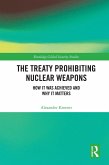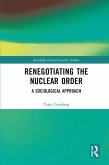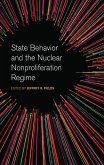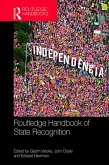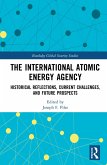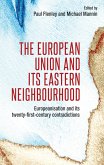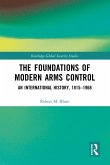Recognition is often considered a means to de-escalate conflicts and promote peaceful social interactions. This volume explores the forms that social recognition and its withholding may take in asymmetric armed conflicts, examining the risks and opportunities that arise when local, state, and transnational actors recognise, misrecognise, or deny recognition of armed non-state actors. By studying key asymmetric conflicts through the prism of recognition, it offers an innovative perspective on the interactions between armed non-state actors and state actors. In what contexts does granting recognition to armed non-state actors foster conflict transformation? What happens when governments withhold recognition or label armed non-state actors in ways they perceive as misrecognition? The authors examine the ambivalence of recognition processes in violent conflicts and their sometimes-unintended consequences. The volume shows that, while non-recognition prevents conflict transformation, the recognition of armed non-state actors may produce counterproductive precedents and new modes of exclusion in intra-state and transnational politics.
Dieser Download kann aus rechtlichen Gründen nur mit Rechnungsadresse in A, D ausgeliefert werden.



